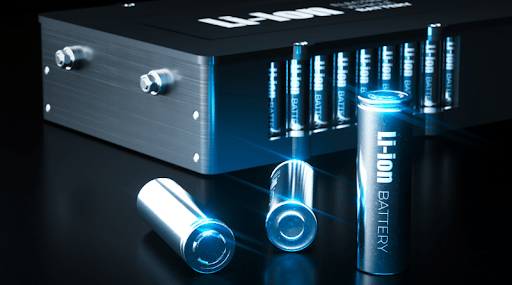Lithium-ion (Li-ion) batteries have become ubiquitous in modern technology, powering everything from smartphones to electric vehicles. However, their widespread use also brings to the forefront the importance of safety in Li-ion battery pack manufacturing.
Introduction
Li-ion battery packs are complex systems composed of multiple cells integrated into a cohesive unit. While these batteries offer high energy density and long cycle life, they also pose inherent safety risks, including thermal runaway and fire hazards. Therefore, safety features and adherence to stringent standards are paramount in the manufacturing process.
Safety Features in Li-ion Battery Packs
- Thermal Management Systems: Effective thermal management is crucial for preventing overheating and thermal runaway in Li-ion battery packs. Manufacturers integrate thermal protection devices such as temperature sensors and thermal barriers to monitor and regulate cell temperatures, ensuring safe operation under various conditions.
- Cell Balancing and Monitoring: Cell balancing circuits ensure that individual cells within a battery pack remain at similar states of charge, preventing overcharging or over-discharging of any cell. Advanced battery management systems (BMS) continuously monitor cell voltages and temperatures, activating safety mechanisms when abnormalities are detected.
- Overcurrent Protection: Li-ion battery packs are susceptible to damage from excessive current flow, which can lead to internal short circuits and thermal runaway. Incorporating current-limiting devices such as fuses or circuit breakers helps safeguard against overcurrent conditions, minimizing the risk of catastrophic failure.
- Quality Assurance and Testing Protocols: Li-ion battery manufacturers employ comprehensive quality assurance processes to validate the performance and safety of their products. This includes rigorous testing protocols such as cycle life testing, abuse testing, and environmental testing to assess the reliability and durability of battery packs under various operating conditions. By adhering to strict quality standards and conducting thorough testing, manufacturers ensure that their Li-ion battery packs meet or exceed industry requirements for safety and performance.
Standards in Li-ion Battery Pack Manufacturing
- UL 2580: UL 2580 is a safety standard specifically designed for Li-ion battery packs used in electric vehicles (EVs) and hybrid electric vehicles (HEVs). It outlines requirements for electrical, mechanical, and environmental performance, ensuring the safe integration and operation of battery packs in automotive applications.
- UN/DOT 38.3: The UN/DOT 38.3 standard addresses the transportation safety of lithium cells and batteries. Compliance with this standard involves testing battery packs for impact resistance, thermal stability, and electrical safety to mitigate the risks associated with transportation and handling.
- IEEE 1725: IEEE 1725 provides guidelines for the design and testing of rechargeable Li-ion battery packs used in portable electronic devices. This standard covers aspects such as charging protocols, cell selection, and safety labeling, promoting the safe and reliable operation of batteries in consumer electronics.
Li-ion Battery Manufacturers in the USA
In the United States, several manufacturers specialize in the production of Li-ion battery packs, adhering to rigorous quality and safety standards. These companies leverage advanced manufacturing techniques and innovative technologies to deliver high-performance battery solutions across various industries, including automotive, aerospace, and energy storage.
Conclusion
Safety remains a top priority in Li-ion battery pack manufacturing, driving continuous innovation and adherence to stringent standards. By implementing robust safety features and complying with industry regulations, manufacturers ensure the reliability and integrity of Li-ion battery packs, facilitating their widespread adoption in diverse applications. As the demand for efficient energy storage solutions continues to rise, the commitment to safety will remain fundamental in shaping the future of Li-ion battery technology.
